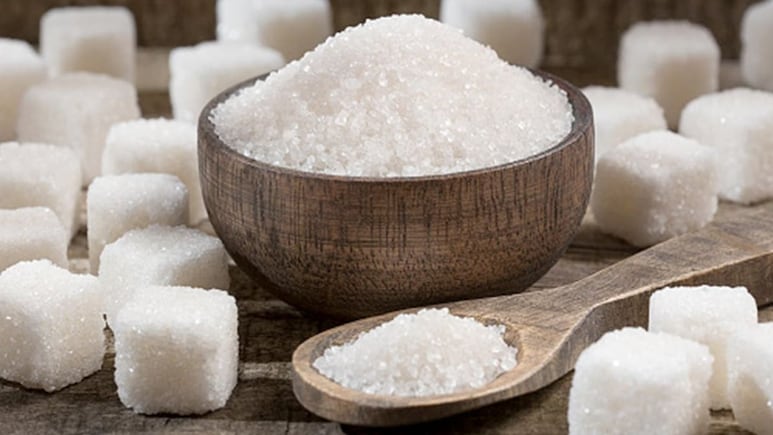
The debate over natural and artificial sweeteners continues to spark intense discussion among fitness enthusiasts. With sugar consumption under scrutiny, many of us are torn between satisfying our sweet tooth and making healthier choices. While natural sweeteners like honey and stevia have gained popularity, artificial sweeteners such as aspartame and sucralose also promise zero calories.
Nutritionist Suman Agarwal breaks down the differences between natural and artificial sweeteners in her latest Instagram post. She explains the pros and cons of both to help you make informed decisions about the food you consume.
Natural sweeteners
- Processed Sugar: This sugar is extracted from natural sources like sugarcane or sugar beets and then refined for use in food. It has a high glycaemic index (GI), somewhere between 65 and 75. The calorific value is approximately 390 calories per 100 g. High consumption of processed sugar is linked to various health issues, including heart disease, type 2 diabetes and weight gain.
- Jaggery: It is considered a healthier choice than processed sugar and offers some nutritional benefits, such as minerals and antioxidants. However, jaggery is still a form of sugar with a similar calorie count, so it should be used sparingly – especially by those with blood sugar concerns or those watching their weight.
- Honey: One of the least processed natural sweeteners, honey is high in antioxidants. It has a lower GI than white sugar, causing a slower and more gradual increase in blood sugar levels.
- Dates: Dates are a healthy sugar substitute that can replace refined sugar in many recipes. They are rich in iron and fibre, with a GI index between 40 and 55 and a calorific value of 314 per 100 g. Dates are also a good source of antioxidants, which are beneficial for overall health.
Artificial sweeteners
- Sucralose: This is a zero-calorie artificial sweetener that is approximately 600 times sweeter than sucrose (table sugar). It is approved by regulatory bodies like the FDA for use in a variety of food products. Unlike sugar, sucralose is not completely absorbed and does not significantly impact blood glucose levels.
- Aspartame: Aspartame is a low-calorie artificial sweetener used as a sugar substitute in thousands of food and beverage products such as diet sodas, sugar-free chewing gum, gelatin and certain dairy items. It has been the subject of extensive scientific review and public health debate regarding its safety, particularly concerning its potential link to cancer.
- Acesulfame-K: This sweetener is found in a wide range of foods and drinks, including diet sodas, non-carbonated beverages, chewing gum, dairy products, baked goods and tabletop sweeteners. The human body does not metabolise or store acesulfame-K. It is rapidly absorbed and excreted unchanged in the urine.
- Saccharin: Saccharin is known for its longevity and intense sweetness. At high concentrations, it can have a metallic or bitter aftertaste. For this reason, it is often mixed with other artificial sweeteners to create a more balanced flavour profile. It is found in a variety of foods and beverages, including diet sodas, candies and jams.
- Neotame: Neotame is significantly sweeter than table sugar and provides a clean taste without the bitter or metallic aftertaste. It is stable in both acidic and neutral conditions and retains its sweetness under high heat, making it suitable for use in a wide range of foods and beverages, including baked goods, dairy products and carbonated drinks.
Disclaimer: This content including advice provides generic information only. It is in no way a substitute for a qualified medical opinion. Always consult a specialist or your own doctor for more information. NDTV does not claim responsibility for this information.
Track Latest News Live on NDTV.com and get news updates from India and around the world

